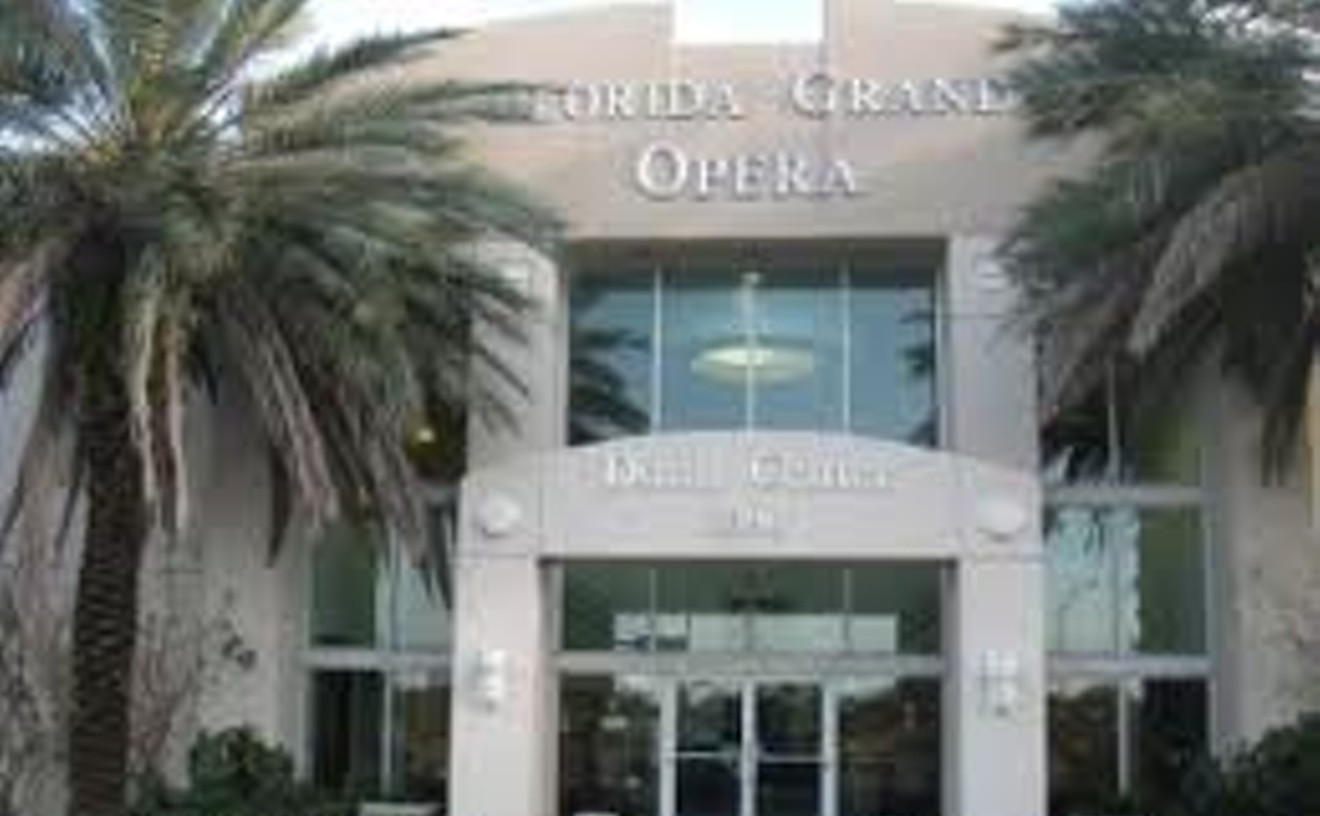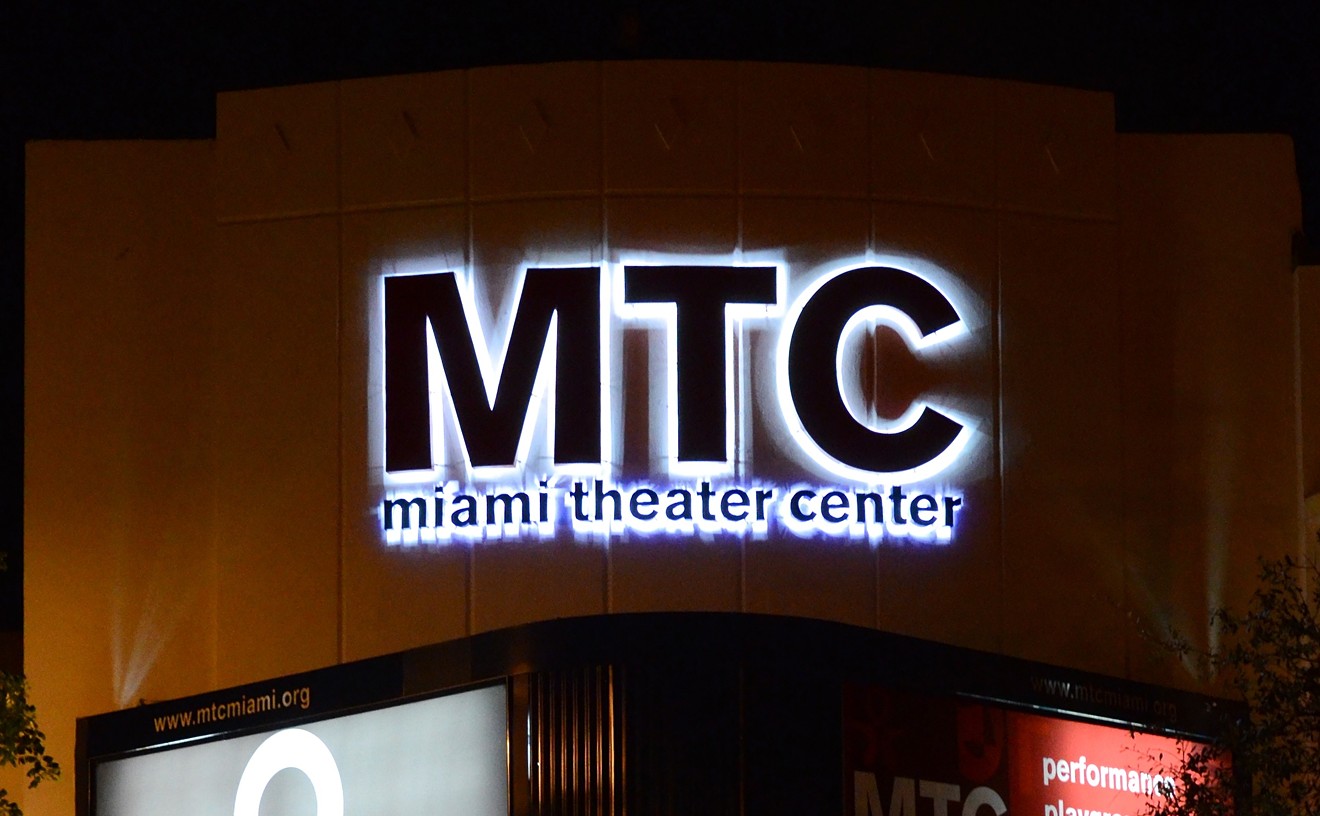While bicycle gatherings like Critical Mass make for great photo-ops, activists have to do more than just clog traffic during rush hour to affect real change. If you want lawmakers to pay attention to the needs of cyclists, you have to play by their rules. That means sitting through endless commission meetings, endless community meetings, and endless planning meetings when you'd rather play outside in the sunshine. Enter BASIC, a loosely organized group of advocates who doggedly chase local governments to include cycling in their transportation plans. They're the ones who take off their bike helmets and work through every legal roadblock to better bike access. Through their email list, BASIC members stay informed of government meetings where cycling issues might pop up. When that "critical mass" shows up to meetings, it really gets heard. So far, they've been instrumental in creating bike access, particularly bike lanes in Miami Beach, and making sure local governments don't backpedal on transportation reform. And, they still find time to join the rest of us out on the road.
Best Opera
Leo Delibes's Lakme at Florida Grand Opera

This is simple arithmetic. Even with a wooden leading man, Lakme gets by on the exoticism of its Indian setting and the decadent (but tuneful!) complexities of Leo Delibes's one great opera — the silly libretto of which makes a lot of opera people dismiss the whole thing. But those people are wrong, as they would have learned if they'd seen and heard Leah Partridge in the title role at FGO. Even if she got a tidbit screechy at the end of "The Bell Song," her voice — fresh and supple as a sapling — brought a sweetness and, later, a solemnity to the role that few singers have done. Everything about this Lakme, from its sets to its bevy of talents, was oversize and overwhelming — a reminder of why it's called grand opera.
- 8390 NW 25th St., Miami, 33122 Map
- 800-741-1010
- www.fgo.org
Best Citizen
Leonard Abess
Leonard Abess ain't your typical banker. This past February, after selling his majority stake in City National Bancshares for $927 million to Spanish bank Caja Madrid, he doled out $60 million in bonuses to all his staff and 72 former employees. First, he made an online video explaining the windfall buyout of the company. A few days later, clerks distributed details of the sums deposited in the staff's payroll accounts. Abess didn't show up in person, announce his generosity to the media, or actively seek the attention his gesture provoked. But once the media found out about it and seized on the story like a pack of hungry vultures, he did the rounds and granted interviews. He explained his good deed thusly: "I just wanted to reward my employees." Abess started his career as a worker in the bank print shop, making forms and documents. He advanced through the ranks and eventually bought City National off the auction block at bankruptcy court, where it ended up after mismanagement by coffee kingpin turned escaped convict Alberto Duque. Abess developed the bank from $400 million in assets to $2.75 billion. "I saw that if the president doesn't come to work, it's not a big deal," he said. "But if the tellers don't show up, it's a serious problem." Abess, thanks for being so filthy rich that giving away $60 million is nothing to you. Next time, double it.
Best Theatrical Production
Neil LaBute's Some Girl(s) at the Mad Cat Theatre Company at the Light Box

It pains the heart that for the second year in a row, our "Best Of" accolades are forced to compensate for the silliness of those other awards — the ones named after the sculptor. Yet again, Mad Cat Theatre did the most disturbing, artfully executed work of the year, and yet again the old taste arbiters turned up their noses. C'est la vie: New Times readers know better. Neil LaBute's Some Girl(s) was an endlessly repeated scene in which a selfish womanizer-turned-author named Guy confronted a former lover in a hotel room — perhaps, we thought, to apologize. Each time, it was a different lover in a different hotel, and each offered different excuses and sentiments by our protagonist. As our understanding of Guy's history was colored in by LaBute's hints and allusions, our image of him crumbled: Soon we were eyeball-to-eyeball with evil at its most banal. Thanks to Paul Tei's darkly gorgeous direction, we didn't even want to look away.
- 9806 NE Second Ave., Miami Shores, 33138 Map
- 305-751-9550
- mtcmiami.org
Best Actor
Meshaun Labrone Arnold

Meshaun Labrone Arnold both wrote and starred in The Hate U Gave, but the piece had little of the self-indulgent flab most writer/actors can't bring themselves to shear from their own work. His acting and writing were wise, while his subject — and character — was just a savant: a man who saw the whole world clearly except for his own place in it. Watching Arnold, as Tupac, rage against the chasms that divide us (by gender, class, or anything else, but especially by race) — even as he bore helpless witness to his own inability to do anything but widen them — was to see right into the hidden heart of alienation. Arnold's tense, kinetic body and tortured face were pictographs, notating its cost.
- 11011 SW 104th St., Miami, 33176 Map
- 305-237-2000
- mdc.edu/kendall
Best Power Couple
Phillip and Patricia Frost
Phillip and Patricia Frost aren't exactly new to the Miami philanthropy game. Phillip, chairman of a Miami-based pharmaceuticals company, and Patricia, a retired elementary school principal, have given millions to local nonprofits and served on the boards of the Florida International University Foundation and the Smithsonian. Hell, they even already have a whole school named after them at the University of Miami, after they gave a record $33 million to the School of Music in 2003.
But it's their latest contribution that might leave the longest legacy in the Magic City — and that marked them as our power couple of the year. With an undisclosed gift, they helped make the FIU's Phillip and Patricia Frost Art Museum — which opened in November — one of the most artistically and architecturally significant newcomers on Miami's arts scene in years.
The crescent-shaped museum, built from Chinese granite, steel, and glass by Tampa's HOK Architects, is an instant icon at FIU's Tamiami campus — and it serves as a much-needed centerpiece for Latin American and modern art in Miami.
The name says it all — without the Frosts, the newest jewel in a city rocketing into the national arts conversation simply wouldn't have happened.
Delta was a play with three leads, each of whom would briefly assume the role of Indesha Ida Mae Holland before passing it off to a costar. Those not playing Indesha in a given moment would play secondary characters — Indesha's mother, a gin-addled crank, a minister, the voice of God. Interspersed with the vignettes of Indesha's youth were song snippets, sung a cappella — eerie and full of blue notes or, in happier moments, as bright and spit-polish perfect as the latest single from the Mormon Tabernacle Choir. Within this free-flowing structure, Brandii Edwards, Carey Hart, and Carolyn Johnson galvanized each other, and all three soared to heights of gutsiness and invention seldom seen on any stage. Each had at least a single moment so delightful that it literally stopped the show — when Carolyn went into some kind of hoodoo trance during a baby-birthing scene; when Hart narrated the scene as a giddy, motor-mouthed tween; and when Edwards staggered onstage as the gin monster and began woozily gnawing the scenery. The audience erupted, the actresses paused, and a bar was quietly raised in Miami.
- 6101 NW Seventh Ave., Miami, 33127 Map
- 786-773-3161
- www.themensemble.com
Best Local Boy Made Good
Mickey Rourke
Mickey Rourke's redemption has been the stuff Hollywood makes movies about. Only an independent filmmaker made it and it starred Rourke himself. Rourke's portrayal of washed-up wrestler Randy "The Ram" Robinson earned him a Golden Globe Award, a British Academy Award, an Academy Award nomination, and has put him back on the A-list map with more roles in future big-budget releases. It's a far cry from the cautionary tale he had become.
A student of the Actor's Studio, Rourke was loved by critics for his rugged and raw portrayals when he burst onto the scene in 1981. Other actors, such as Sean Penn, would visit his sets just to watch him work. But then the personal demons took over. Drug abuse, bizarre career choices, and his decision to become a professional boxer derailed him. One moment he's being called the best actor since Marlon Brando, the next he's getting his cheekbone and nose obliterated in boxing rings and being arrested in South Beach for driving a scooter while under the influence.
Mirroring Rourke more than any character he will ever play is The Wrestler's Randy the Ram, a once bright star who fades into obscurity while abusing drugs and suffering irreparable harm to his body. It was the right role at the right time. It's almost as if Rourke's life had been one long Method-acting prep for that role. And now, thanks to that film, Mickey Rourke is back.
Best Local Girl Made Good
Debbie Attias
There was a time when Miami-born Debbie Attias of the now-defunct Brooklyn duo Avenue D wrote and sang techno rap songs that were, um, too explicit even for New Times to quote. Think 2 Live Crew with tits. These days, Attias is doing something a bit more constructive than coming up with catchy jingles about sitting on her boyfriend's face: She's riding a bike across America to raise money for the World Wildlife Fund. Sure, it ain't curing cancer, but this is Miami. Baby steps, people.
Best Supporting Actor
Paul Tei
This writer has known Paul Tei, at least on a professional level, for almost three years. This writer has chatted with him in half a dozen theater lobbies, written half a dozen plays about his work, and has watched him star in at least as many shows. But when the tattooed, pierced, spiky-haired, sandpaper-throated Tei appeared as the paunchy, smooth-talking, oily-voiced Southern snake-in-the-grass named Chaplain White in GableStage's springtime production of Defiance, it took this writer 20 minutes to recognize him. It was the most complete and realistic transformation of an actor into his subject to hit Miami in this or any recent year. The part didn't have a lot of weight — Chaplain White was too shallow a being to inspire any audience reaction more complex than dislike — but he was a marvel nevertheless: a perfect triumph of technique.
- 1200 Anastasia Ave., Coral Gables, 33134 Map
- 305-446-1116
- www.gablestage.org





